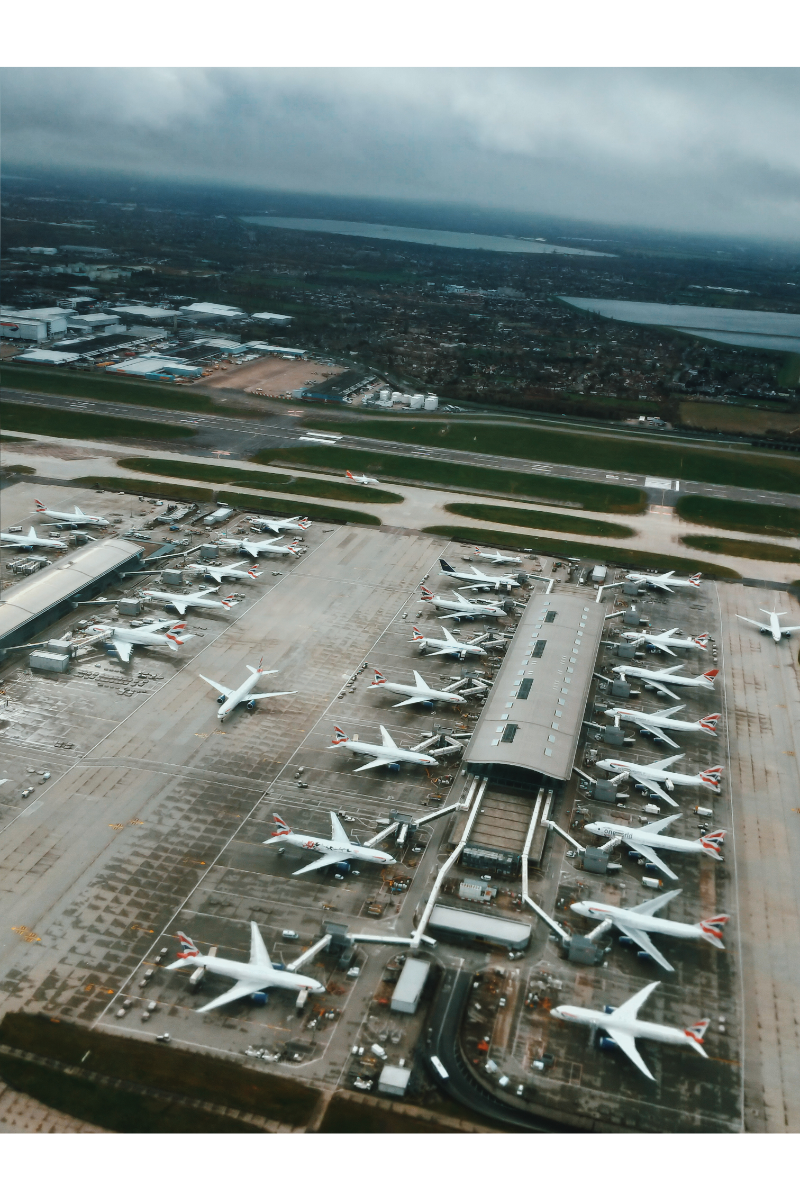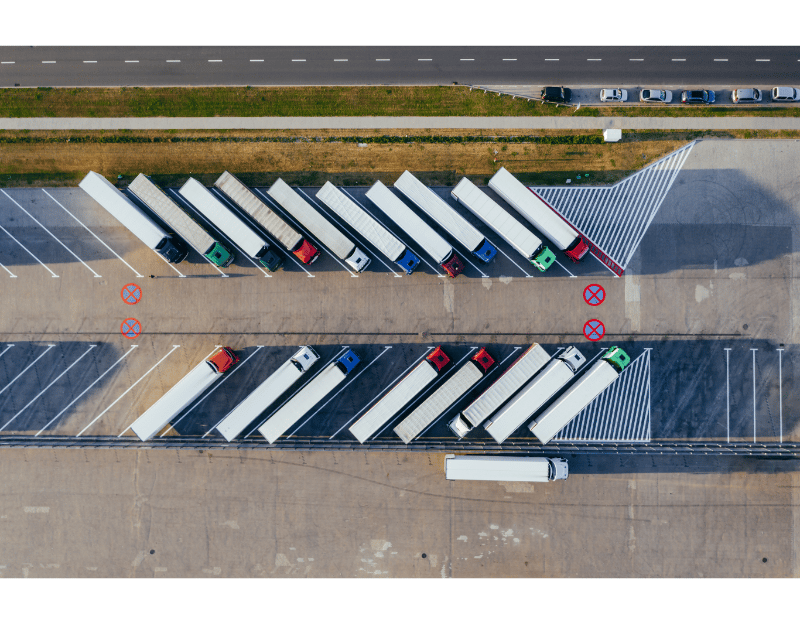Global Supply Chain Weaponisation: Unpacking India's Aviation Crisis
India's aviation sector crisis spotlights global supply chain challenges. With potential grounding of a significant airline fleet, the situation underscores broader issues faced by emerging economies. This piece advocates for collaborative, technology-driven solutions to address the complex interplay of geopolitical dynamics, climate change, and pandemic effects on global trade and economic connectivity.
The Economy Council
12/25/20233 min read


In an era of unprecedented global interconnectivity,
the resilience of supply chains has become a paramount concern.
The recent challenges faced by India's aviation sector serve as a microcosm of the broader issues affecting emerging economies worldwide.
The Global Landscape of Supply Chain Vulnerabilities:
As the world grapples with complex geopolitical dynamics, climate change, and the enduring impacts of the COVID-19 pandemic, supply chains have emerged as a focal point of vulnerability. The repercussions of disruptions are felt not only by individual industries but reverberate across economies, affecting trade, tourism, and overall economic connectivity.
India's Aviation Sector Crisis: A Symptom of Global Challenges
The current crisis in India's aviation sector, characterized by the potential grounding of a significant portion of the country's airline fleet due to supply chain issues, exemplifies the challenges faced by emerging economies. While India's circumstances may be unique, the underlying issues – ranging from geopolitical tensions to logistical complexities – are shared by nations navigating the intricacies of a globalized supply chain.
Economic Impacts Beyond Borders:
The economic fallout from disruptions in India's aviation sector extends far beyond its national boundaries. The interconnected nature of global trade means that a stumbling block in one region can send shockwaves throughout the world. As India's airlines incur substantial losses and face operational constraints, the global economic recovery, already fragile post-pandemic, faces additional headwinds.
Lessons from India: A Call for Global Collaboration
The challenges faced by Indian airlines, including IndiGo, Go First, SpiceJet, and even Air India, underscore the urgency for a global rethink of supply chain strategies. The prevalence of disruptions, from natural disasters to geopolitical conflicts, necessitates a collaborative and coordinated effort on an international scale.


Technological Solutions for Global Resilience:
In confronting the complexities of modern supply chains, technology emerges as a powerful ally. Artificial intelligence, cloud platforms, and data analytics offer tools to enhance the resilience and responsiveness of supply chains. However, technology alone is insufficient; a holistic approach that integrates human collaboration, risk management, and strategic planning is imperative.
Diversification and Adaptability as Global Imperatives:
The vulnerabilities exposed by recent disruptions emphasize the critical need for diversification. Relying on a singular source or route proves risky in a world where unforeseen events can disrupt the entire supply chain. Companies and nations alike are now actively seeking to diversify supply sources, manufacturing locations, and distribution channels to mitigate risks and enhance adaptability.
Resilient Supply Chains for a Sustainable Future:
As the global supply chain landscape evolves, resilience and sustainability must be central tenets of its transformation. Concepts like "China plus one" reflect a strategy wherein companies reduce reliance on a single market and explore alternative sources. A focus on smaller, more flexible logistics networks, sustainability practices, and regional collaboration contributes to building resilient supply chains for the future.
The Role of Governments and Global Cooperation:
Solving the challenges of global supply chain disruptions requires not only corporate initiatives but also concerted efforts from governments and international cooperation. Governments play a crucial role in creating an enabling environment for businesses and investing in infrastructure, innovation, and education. Global cooperation is essential to address geopolitical tensions and trade barriers, fostering a conducive environment for the smooth functioning of supply chains.
Conclusion:
The weaponization of global supply chains presents a formidable challenge to economies worldwide, as exemplified by India's aviation sector crisis. The lessons drawn from this case underscore the urgent need for a comprehensive reevaluation of global supply chain strategies. In navigating the uncertainties of the modern world, a collaborative approach that combines technological advancements, diversification, resilience, and sustainability is paramount.
The collective efforts of governments, businesses, and stakeholders across nations will be instrumental in mitigating the weaponization of supply chains. Only through such a united and coordinated approach can we ensure that the arteries of the global economy remain open and resilient, fostering prosperity for nations at every stage of economic development.
(With AI Input)
Context:
Amidst a surge in demand for the Indian aviation sector, approximately 140 aircraft from scheduled commercial airlines remain inactive. The predominant factor behind 95% of these grounded planes is attributed to supply chain challenges encountered by the U.S. engine manufacturer, Pratt & Whitney.
Present Aviation Landscape in India:
Currently, the Indian aviation sector boasts a fleet of 644 aircraft, set to increase to 686 by March with a monthly addition of two to five aircraft. However, 164 aircraft, spanning regional airlines and private jets, are currently inactive. IndiGo leads with 44 grounded planes, followed by SpiceJet with 26, Air India with six, and Alliance Air with three. Major concentrations of grounded aircraft are observed at Delhi (64), Bengaluru (27), Mumbai (24), and Chennai (20) airports. The inactive fleet also includes aircraft at various other airports, encompassing segments of regional and business jets, as well as nine from Jet Airways and 52 from Go First, currently undergoing insolvency proceedings since May 2023.
Contacts
enquiry@economicnations.org
(xx) 98-11-937-xxx (On verification)
